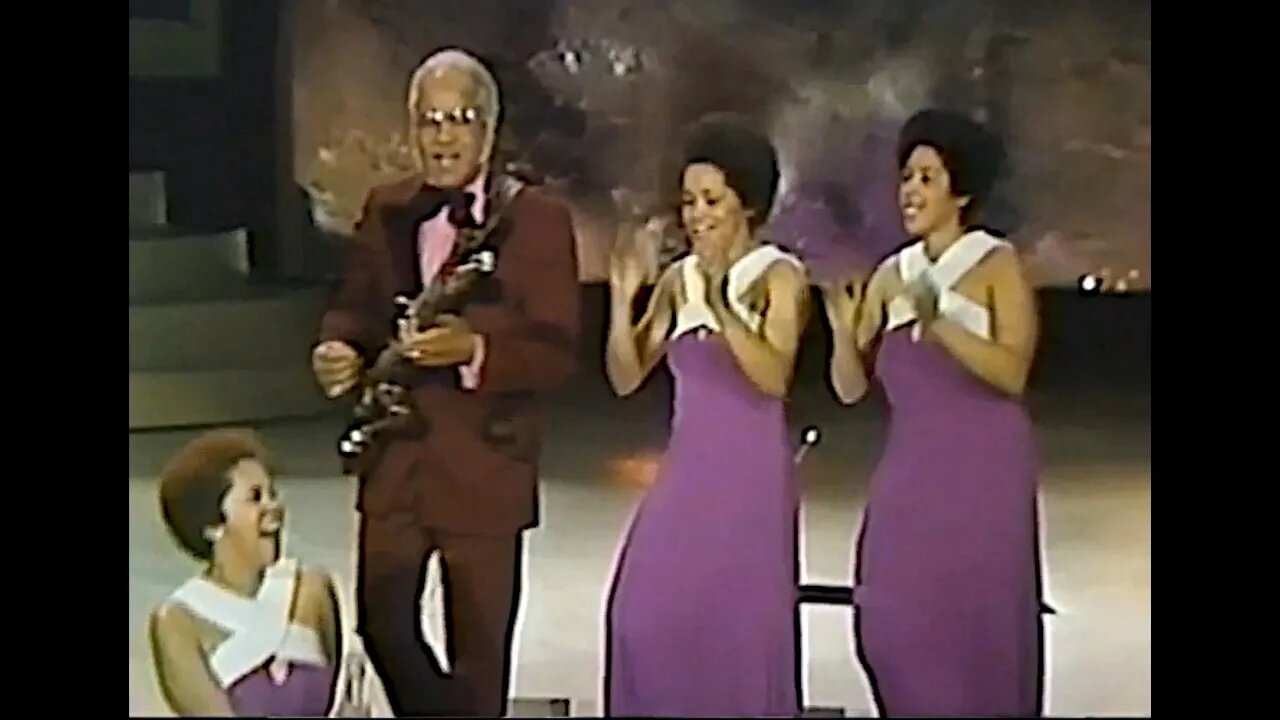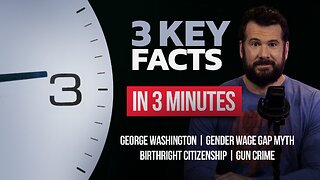Premium Only Content

The Staple Singers vs Harry J All Stars - I'll Take You There - Kharrington's Liquidator Mix
Included on the group's 1972 album Be Altitude: Respect Yourself, "I'll Take You There" features lead singer Mavis Staples inviting her listeners to seek Heaven. The song is "almost completely a call-and-response chorus", with the introduction being lifted from "The Liquidator", a 1969 reggae hit by the Harry J Allstars. In fact, the entire song, written in the key of C, contains but two chords, C and F. A large portion of the song is set aside for Mavis' sisters Cleotha and Yvonne and their father "Pops" to seemingly perform solos on their respective instruments. In actuality, these solos (and all music in the song) were recorded by the famed Muscle Shoals Rhythm Section. When Mavis Staples says "Daddy, now, Daddy, Daddy" (referring to "Pop's" guitar solo), it is actually Eddie Hinton who performs the solo on the record. Muscle Shoals Rhythm Section bass player David Hood performs the song's famed bassline. Terry Manning added harmonica and lead electric guitar. Roger Hawkins played drums, Barry Beckett was on Wurlitzer electric piano, and Jimmy Johnson and Raymond Banks contributed guitar parts. The horn and string parts were arranged by Detroit arranger Johnny Allen. The horns and strings were recorded at Artie Fields Recording Studios in Detroit Michigan.
Quite a few Staple Singers songs reference civil rights and social conditions. Many people interpret this song as describing an imagined world in which the civil rights movement has succeeded: "No more smilin' faces/lyin' to the races."
Rolling Stone editor David Fricke described this song as the "epitome of the Muscle Shoals Sound". It was recorded in Sheffield, AL at the famous Muscle Shoals Sound Studios, and overdubbed and mixed at Ardent Studios in Memphis by Engineer Terry Manning.
Bolstered by a "feel-good" vibe, "I'll Take You There" peaked at number-one on the Billboard R&B Singles chart for four weeks May 1972. In June, "I'll Take You There" reached the top of the Billboard Hot 100 for one week.[4] Billboard ranked it as the No. 19 song for 1972.[5] The song, ranked #276 on the Rolling Stone list of the 500 Greatest Songs of All Time.
Thank you.
-
 1:29:15
1:29:15
Simply Bitcoin
4 hours ago $4.24 earnedThey JUST Triggered A Global Gold Rush: $1M Bitcoin is coming! | EP 1184
41.8K8 -
 1:50:47
1:50:47
The Quartering
4 hours agoElon Musk's 13th Baby, Trump Attends Daytona 500, and Ramaswamy Enters the Ohio Governor's Race
68.4K23 -
 1:28:04
1:28:04
Russell Brand
4 hours agoBREAKING: UK Troops To Ukraine | Zelensky Wants “Army Of Europe” | JD Vance SLAMS EU Tyranny – SF538
112K43 -
 1:46:20
1:46:20
Benny Johnson
5 hours agoPANIC: Feds FLEE DC After Mass PURGE, Fired USAID Activists EXPOSED | Trump DOMINATES Daytona 500
113K107 -
 1:58:43
1:58:43
The Charlie Kirk Show
3 hours agoCBS Steps In It + Hockey Brawl + Judicial Standoff | Yoo, Schlapp, BigTree | 2.17.2025
103K31 -
 1:01:26
1:01:26
The Dan Bongino Show
6 hours agoTrump Is Cancelling DEI And Cancel Culture (Ep. 2424) - 02/17/2025
779K1.51K -
 1:06:12
1:06:12
Timcast
5 hours agoDemocrat Swamp IMPLODES, CBS Runs DAMAGE Control For Democrats, Gets ROASTED By Elon | Timcast LIVE
146K162 -
 2:00:58
2:00:58
RealAmericasVoice
12 hours agoWAR ROOM WITH STEVE BANNON AM EDITION
123K20 -
 2:59:47
2:59:47
Wendy Bell Radio
11 hours agoAmerica Drops The Gloves
116K63 -
 1:22:27
1:22:27
Steven Crowder
6 hours agoGeorge Washington, Our First President | 3 in 3 Special
321K219